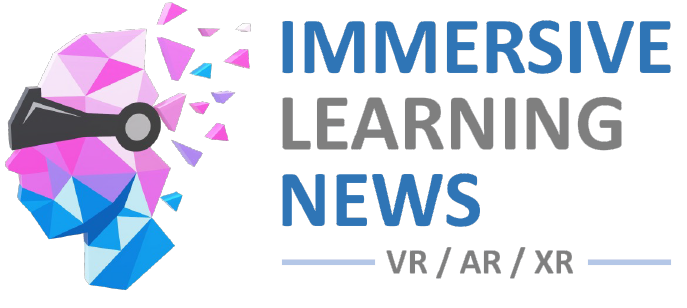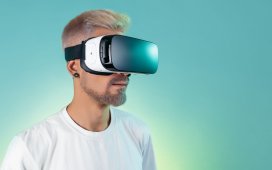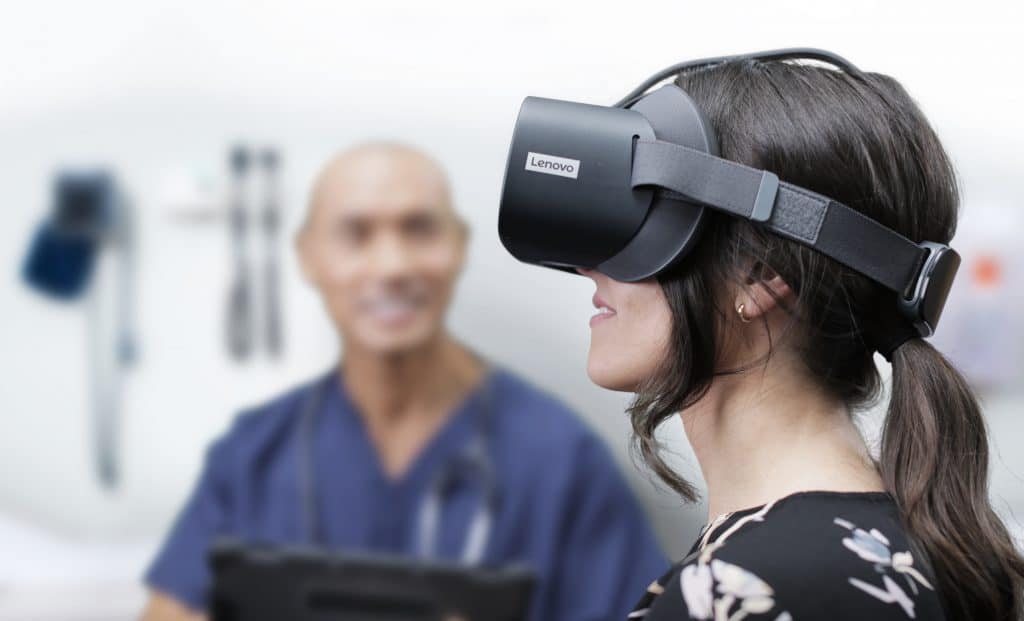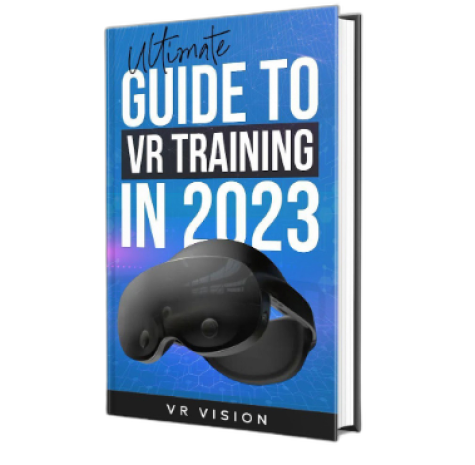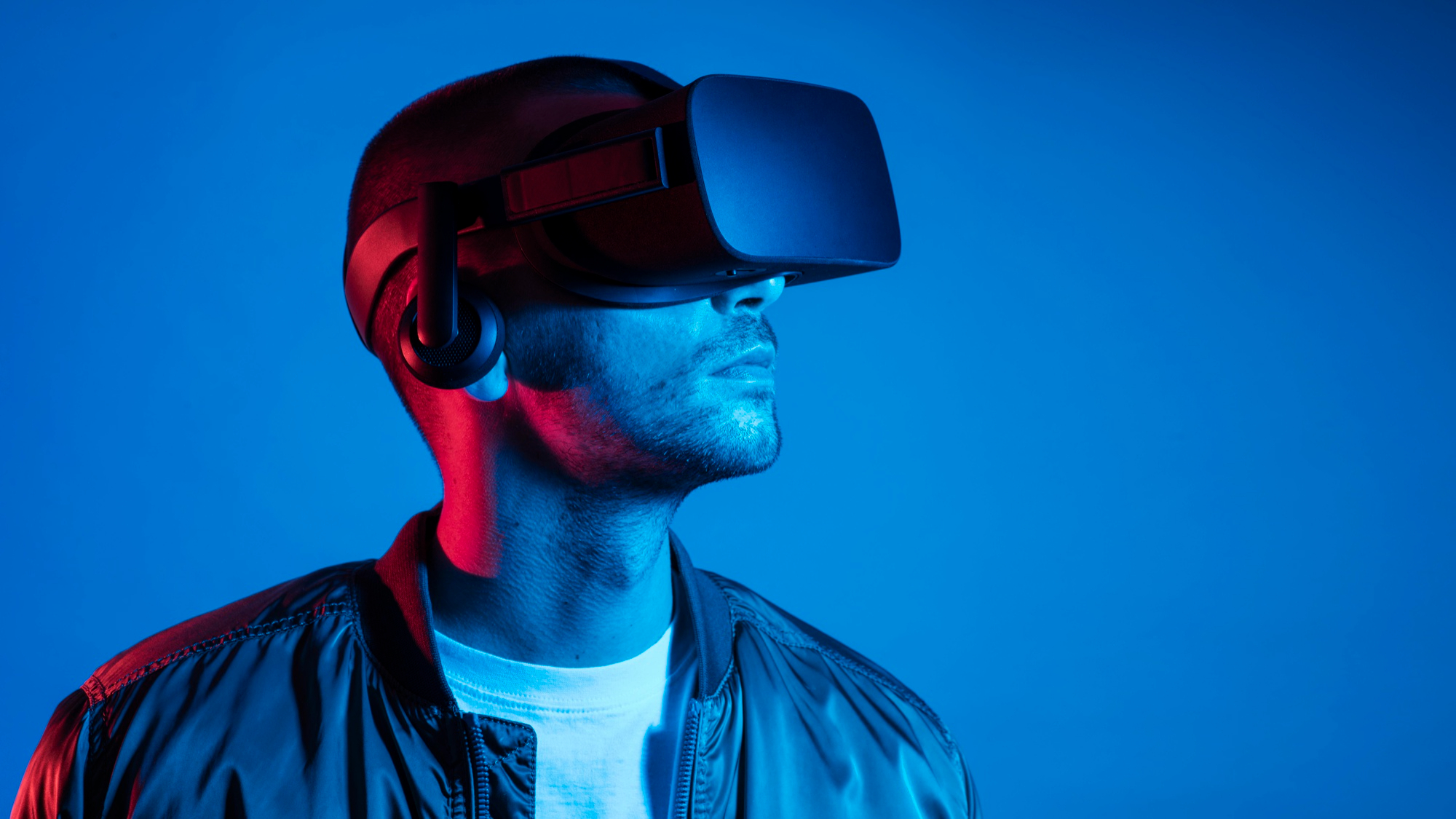Researchers are using virtual reality to unravel the complex layers of oppression and understand its impact on political, educational, and social realities.
Virtual reality has many fascinating applications. Over the years, it has proven to be an important tool in research. Traditionally, experimental setups involve computer-based tests. Although these methods are valid, they are unable to mimic the complexity of real-world scenarios.
This is where VR comes in.
VR enables researchers to replicate true-to-life scenarios in safe and controlled environments. In addition, it gives researchers limitless learning opportunities that weren’t available years ago.
Virtual Reality as a Tool in Research
In 1989, Kimberlé Williams Crenshaw coined the term intersectionality to refer to the way people’s social identities create multiple and intersecting layers of oppression.
Dr. Courtney D. Cogburn, an associate professor at Columbia University School of Social Work, studies these interwoven oppressions. Her research focuses on how discrimination and inequalities shape social, political, and educational systems in the US.
Cogburn has also been harnessing VR’s power to illustrate how different forms of oppression interlap. For instance, she wants to show how criminal justice issues might be tied to public health problems.
Additionally, she uses VR to help other people understand the realities that they don’t get to experience firsthand.
Part of her work involves creating visual representations of various forms of inequalities and discrimination. Using VR, she hopes to help others fully grasp the unique challenges that interwoven oppressions create for vulnerable communities.
How VR Helps Tackle Inequalities
As the saying goes, “Never judge a man until you’ve walked a mile in his shoes.” Inspired by this adage, Cogburn and her team created virtual experiences that capture the racial inequalities that black people face at various points of their lives.
Along with her research team, she created true-to-life scenarios from the perspective of a black person. Their team used VR to illustrate how someone faces racism as a child, an adolescent, and an adult.
They’re also hoping to take these virtual scenarios beyond the individual experience. They want to show how inequalities affect communities and perhaps the world.
Furthermore, they want to explore how VR can help create ways to engage with existing systems and structures. In doing so, they hope that people may understand the consequences of policy decisions, policing, or neighborhood structures.
How Virtual Reality Promotes Critical Consciousness
According to Cogburn, critical consciousness is a superpower. She believes that the world would be better if people started thinking critically and seeing society for what it is. To do that, we need to equip people with ways to explore and determine their beliefs.
That means we need to teach people how to look beyond the things that they’ve absorbed from the media and society. Although difficult, it is not impossible.
For the average person, understanding these interwoven oppressions isn’t easy. However, that might change with VR.
By creating tangible and true-to-life experiences, founded on research, Cogburn hopes to simplify complex systems. That might encourage people to understand social inequalities in a deeper way. Moreover, it might motivate people to take action.
Quelle:
